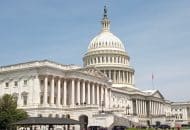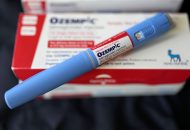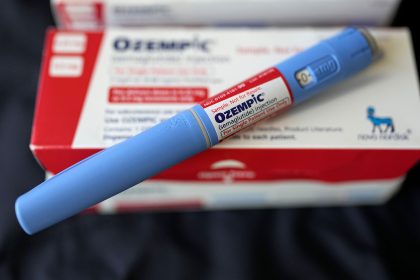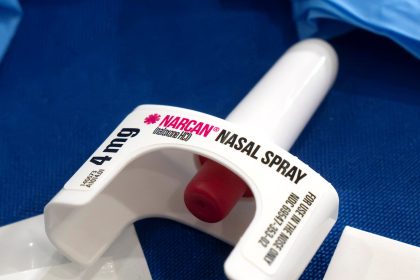The Link Between Energy and Exercise

WASHINGTON — When you have a busy life packed with work, family and other obligations, it can be challenging to find time to exercise. Even if you carve out the time, you may find yourself so tired and stressed that the last thing you want to do is push yourself further. It becomes a cycle. You feel too tired to exercise but may also be tired from not exercising.
We’ll explain the physiological link between exercise and energy — it starts at the cellular level. We’ll also review some research and leave you with tips to break the cycle and get moving to beat fatigue.
How Exercise Gives You Energy
As hard as it may feel to start moving, once you begin exercising, your body creates energy from within. Your heart beats faster and your breathing speeds up. Your blood starts pumping, delivering oxygen and nutrients throughout your body. Depending on your fitness level, you may get tired immediately, but the more you do it, the easier it will get.
Let’s break it down step by step.
- Cellular Level: Mitochondria, also known as the “powerhouses of the cell,” help create energy by metabolizing food and oxygen. When you exercise, you need more mitochondria. Frequent exercise causes a demand, and your body can create more. Research shows that people who exercise regularly have higher mitochondria levels than those who are sedentary.
- Circulation: Exercise increases circulation, sending oxygen and nutrients to your muscles. Regular exercise improves cardiovascular health, making your heart and lungs more efficient. With better circulation and more oxygen flowing, your body can create more mitochondria, leading to higher energy levels.
- Mental Boost: More blood flow and circulation also send oxygen and nutrients to your brain. Your brain releases hormones and neurotransmitters that make you feel more energized and alert. Research suggests it may be related to dopamine, serotonin and norepinephrine.
Moving Less Makes You More Tired
Feeling tired after spending a day sitting at work contributes to the cycle of low energy and lack of exercise. Lack of movement can cause poor circulation, stiff joints, and weak muscles. Since your heart and lungs don’t need to work hard, you don’t put a physical demand on your cells to create more energy.
Many people with chronic illnesses experience fatigue and low energy due to their conditions. Exercise is often recommended to help improve symptoms.
- Active vs. Sedentary People: An older review of studies investigated the link between physical activity and populations who exercise and those who don’t. Active adults had a lower risk of experiencing fatigue and low energy; sedentary adults had a higher risk.
- Chronic Exercise Increases Energy: A 2022 meta-analysis reviewed studies to see how chronic exercise affects feelings of fatigue and energy. The review found that a minimum of six weeks of regular exercise can reduce fatigue and increase energy for people with and without chronic illnesses.
- Acute Exercise Works Too: Another review of studies found that people feel more energized after a single bout of low-to-moderate exercise lasting at least 20 minutes.
Tips for Exercising When You’re Low on Energy
Research shows that people experiencing fatigue tend to exercise less and may have poor cardiorespiratory health. That may make it feel challenging to start exercising. Here are some tips to help you get started.
- Prioritize Sleep: The first step is sleeping more to increase your energy. The American Academy of Sleep Medicine recommends seven to nine hours of sleep per night.
- Hydration: Drinking enough water affects your energy levels and being dehydrated can impair cognitive function.
- Healthy Food: Carbohydrates give you immediate energy. Try eating a healthy, carb-rich snack or meal before exercise.
- Start Small and Build Up: Research shows that even a low-to-moderate intensity 20-minute bout of exercise can increase energy. Start by taking a short walk during the day. Next, take a few walks throughout the week. As you build up your energy, you can add resistance training exercises to strengthen your muscles.
- Find Something Enjoyable: Finding something you enjoy can help you stick to an exercise routine on your sleepiest days. Try walking with a friend or while listening to a podcast, going for a bike ride, taking a dance or yoga class, or joining a recreational sports league.
Yawn and Stretch
It is challenging to find the will to exercise when you already feel tired, especially if you have a chronic health condition. Research shows that any type of exercise can help you feel less fatigued. Focus on getting plenty of sleep, water, and healthy food to help you get started. Take a nice walk and feel yourself wake up.
You can reach us at [email protected] and follow us on Facebook and X (formerly known as Twitter)

























